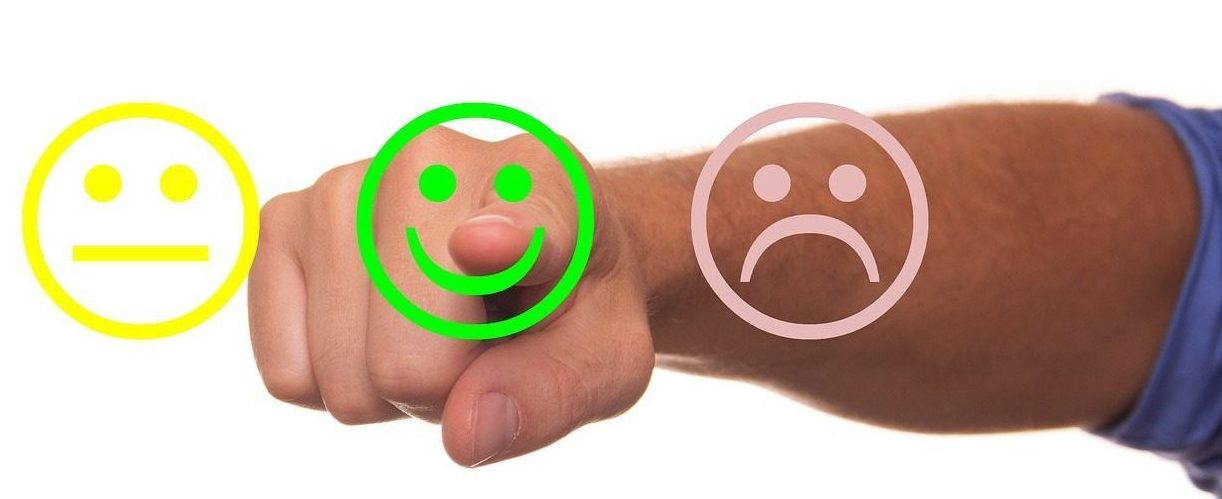The power of feedback
By Anny Goldman, Adherence Manager at Care for Life, admin of “Adherence to medical treatment & healthy lifestyle” Facebook page
Ok … I admit … I’m obsessed and I am an addict. I weigh myself every morning. This is, of course, against all recommendation (or maybe not), but I can’t help it. Heck, I keep the scale under my bed. Turns out, though – I am not alone. Quite a few people do the same, because checking weight gives us immediate feedback – positive or negative – regarding the results of our behavior. With this feedback in hand, we can proceed accordingly.
Are you familiar with the situation where you start a diet, you miraculously stick to it until you start to get compliments about the way you look (positive environmental feedback)? This leads you to start cheating with sweets here and there, and eventually, give up the diet entirely. Right? A similar reaction happens sometimes with medication adherence. Taking medication, like any other human behavior, is motivated by the feedback to our behavior. The feedback can come in the form of a symptom that becomes stronger or weaker, laboratory test results, environmental feedback or feedback given by a monitoring device. Patients begin a treatment. Over time they feel better and decide to stop it, thinking that the problem is behind them, and that they can manage without.
There is a long-standing discussion regarding the essence of feedback and its impact on our behavior. Today there are two leading and one minority opinions: First, researchers believe that positive feedback has a greater impact on individual behavior than negative feedback, since positive feedback enhances confidence and self-efficacy. On the flip side: positive feedback gives us the feeling that the goal has already been achieved, and that there is no longer a need to continue to exert effort. As for negative feedback, there are those who believe it is a very strong motivator, as it gives us the feeling of being far from achieving a goal that we are determined to reach. And there is a minority opinion that argues that feedback, positive or negative, doesn’t influence our behavior at all. We are all just a product of circumstance. I personally believe that the focus of the feedback needs a redirect. Feedback to our efforts is way more important than the actual results.
Timing of feedback also plays a role. Usually immediate positive outcomes of an action will lead to the continuity of that action, encouraging us to ‘keep up the good work” and an immediate negative outcome will result in instant behavioral suppression. Instant feedback like the one that medical devices can give, allows the patient “to strike while the iron is hot”, by instantly correcting or changing their behavior according to the feedback. Late feedback, on the other hand, could prohibit the possibility of changing an unwelcomed outcome. By having your own user feedback software you are able to efficiently manage all of your customer feedback in one place. So if you have your own product or brand then you may want to check it out to help your business grow.
The question for you now: what do you believe is the stronger motivator? What pushes your “on” button? And how can you use it to encourage positive change in terms of your health and daily life?

